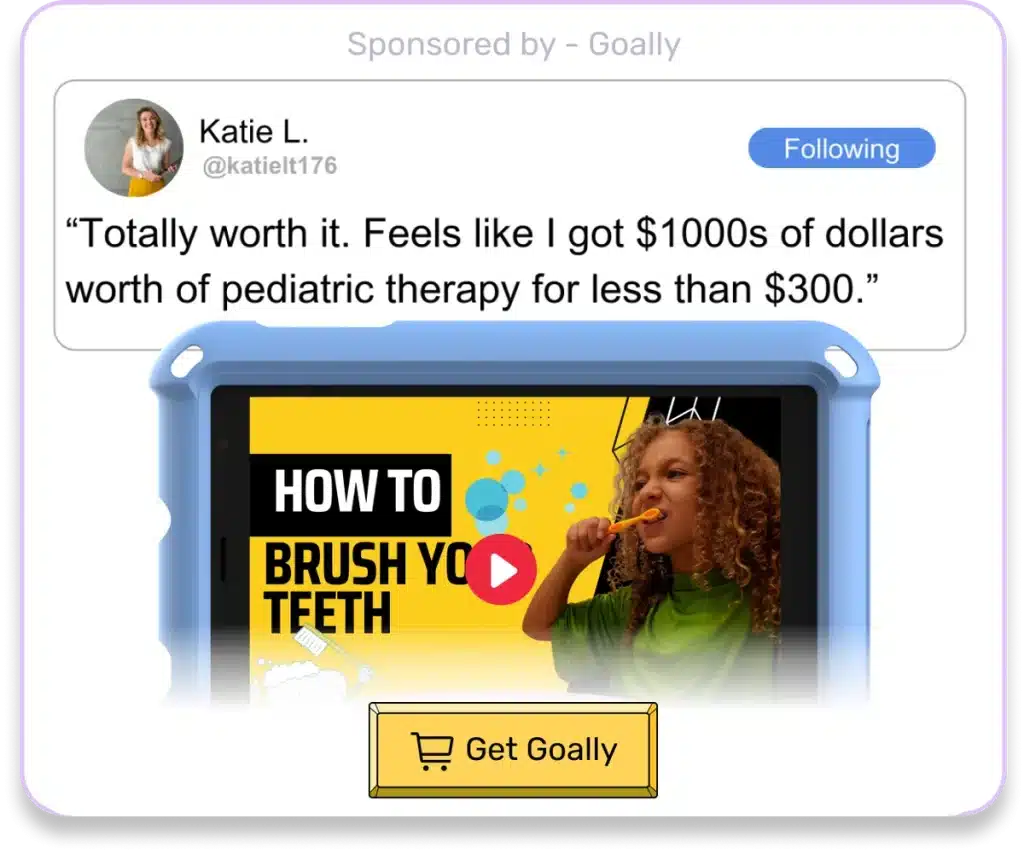Parenting is a journey filled with milestones and markers. And one pivotal aspect of this journey is nurturing our kids’ life skills. The question that often arises is, “How can we gauge their progress?” That’s where a life skills quiz comes in. But before we delve into that, let’s discuss life skills and their importance.
Table of Contents
Understanding Life Skills
Life skills, in short, are the essential abilities and behaviors that help kids navigate the world around them. They range from communication and problem-solving to empathy and resilience. These skills are crucial for kids, especially those with special needs or thinking and learning differences.
Life Skills Categories
Life skills can be broadly categorized into three groups:
- Practical Skills: These include tasks like cooking, cleaning, and money management.
- Personal Skills: These encompass self-care, hygiene, and health management.
- Social Skills: This category involves communication, empathy, and conflict resolution.

Read more: 7 Life Skills Activities for Kids
Why are Life Skills Important?
Firstly, life skills equip kids to handle everyday challenges. For instance, conflict-resolution skills can help them navigate disagreements with peers. Meanwhile, time-management skills enable them to finish tasks efficiently.
Secondly, these skills foster independence. Kids who can cook a simple meal or do their laundry are on the path to self-reliance. This independence is vital for neurodivergent kids, who may face unique challenges.
Read more: Real World Life Skills for Kids
Goally’s Life Skills Quiz
Now, how can you measure your child’s progress in life skills? Goally’s life skills quiz is an excellent tool for this purpose. This quiz provides a comprehensive assessment of your child’s abilities, helping you identify areas of strength and those needing improvement. It’s a valuable resource for parents looking to support their child’s skill development journey.
Developing Life Skills
Developing life skills in kids is a gradual process. It involves modeling behaviors, providing practice opportunities, and offering constructive feedback. Here are some tips to aid this process:
- Start small: Begin with simple tasks like making their bed or packing their school bag.
- Be patient: Learning takes time. Celebrate progress, no matter how small.
- Use visual aids: For kids with special needs, visual instructions can be helpful.
- Practice together: Make skill-building a family activity. Cook together or organize a cleaning day.
Goally | Skills Training Videos for Kids
Does your child need some extra guidance on building essential life skills? Goally’s TV app for kids has the most robust video library of skills training videos for kids. Ranging from content like “How to Brush Your Teeth” to “How to Make Friends at School,” we have dozens of interactive video lessons for kids with thinking and learning differences.
Dive into the Goal Mine channel, where Puffy the Penguin leads your child through behavior skills training videos. They’ll learn social, hygiene, and living skills that are key to their independence. For those moments when they need a break, the Chill Zone channel offers low stimulation video content with Paulie the Penguin at the beach, perfect for relaxation and self-regulation.
Final Thoughts
Life skills are integral to your child’s growth. They equip your child to face real-world challenges and foster independence. And tools like Goally’s life skills quiz can help you guide your child on this journey. Remember, every child is unique, and so is their learning pace. So, be patient, celebrate small victories, and most importantly, enjoy this growth journey with your child. After all, when it comes to our kids, we’re all in this together, navigating the challenges and celebrating the victories.

Hennah is an experienced writer and researcher, helping children with autism, ADHD, and other neurodivergent conditions. As a blog contributor for Goally, she combines her deep understanding of neurodiversity with practical advice, offering valuable insights to parents and educators.







